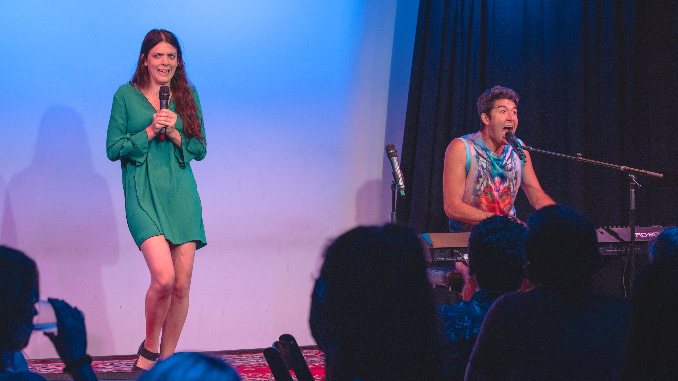Kelly Bachman and Dylan Adler Want You to Know Rape Victims Are Horny Too
Photo by Arin Sang-urai
Content warning: This article discusses sexual assault and rape.
The thing about rape is that there’s no “right” way for victims to talk about it, at least in mainstream media terms. Maybe you’re not offering up enough proof, maybe you’re being too blasé, or too serious, maybe you’re bringing it up too much, don’t be such a bummer. I’ve struggled with how to talk about my rape without it being this big, heavy stone that I throw into a conversational pool; I feel guilty for the waves or even the mere ripples it makes. It’s something that happened to me, it’s something that unfortunately happens to so many people. On the one hand, I wish I could banish it from my mind forever. On the other, I can’t, so I may as well find a way to discuss it without feeling like I’m some terrible burden on those around me, worthy of pitying or—much worse—even suspicious stares.
-

-

-

-

-

-

-

-

-

-

-

-

-

-

-

-

-

-

-

-

-

-

-

-

-

-

-

-

-

-

-

-

-

-

-

-

-

-

-

-








































